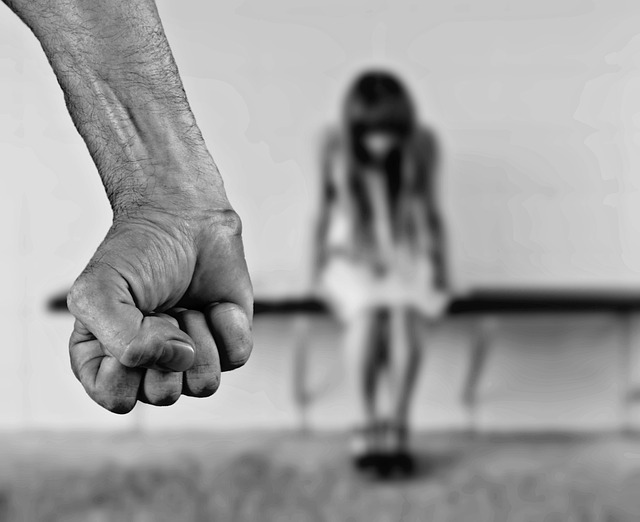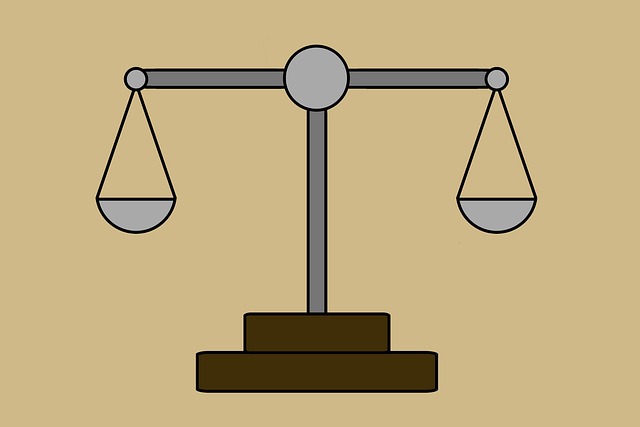In Louisville, understanding church laws and policies about sexual assault is crucial for survivors seeking justice and healing. Church policies vary widely, so reviewing documentation and seeking clarification ensures survivor rights are respected. Local organizations offer tailored support, counseling, and legal guidance to help survivors navigate the system, while specialized attorneys provide expertise in handling religious institutions, respecting spiritual beliefs, and ensuring fair treatment.
“In Louisville, addressing sexual assault within the religious community has become a pressing issue, prompting a need for comprehensive legal guidance. This article provides essential insights for survivors navigating the complex intersection of church laws and policies regarding assault. We explore the unique challenges faced by victims in religious settings, offering support resources specifically tailored to Louisville. Furthermore, we guide readers through the legal steps involved, ensuring survivors have access to justice and healing.”
Understanding Church Laws and Policies on Assault

In Louisville, understanding church laws and policies regarding sexual assault is crucial for survivors seeking justice and healing. Churches, as institutions, have their own legal frameworks and guidelines that may differ from civil or criminal laws. It’s essential for survivors to be aware of these internal policies, which can vary significantly between denominations and individual congregations. By familiarizing themselves with how their church handles such incidents, survivors can better navigate the process of reporting and seeking support.
These policies often cover procedures for reporting assaults, the role of church leaders in mediation, and the availability of counseling services. Many churches have adopted comprehensive approaches to address sexual misconduct, emphasizing accountability, support for victims, and community education. Survivors should review these documents carefully and seek clarification if needed to ensure their rights are respected throughout the process.
Support and Resources for Survivors in Louisville

In Louisville, survivors of sexual assault within a church setting can access a range of support and resources tailored to their unique needs. Local non-profit organizations and community centers offer confidential counseling services, providing safe spaces for individuals to process their experiences and begin their healing journey. These organizations often have specialized programs focused on helping survivors navigate the legal system, understand their rights, and connect with relevant church authorities or religious leaders for further support.
Additionally, Louisville’s legal aid clinics provide pro bono services, offering free consultations and guidance to sexual assault survivors within the church community. They can assist with understanding legal options, pressing charges, or seeking mediation, ensuring that survivors’ voices are heard and their rights respected. These resources empower individuals to take control of their healing process while also addressing any legal complexities arising from such traumatic experiences within a religious context.
Navigating Legal Steps After Sexual Assault in a Religious Setting

Navigating legal steps after sexual assault within a religious setting, like a Louisville church, can be complex and emotionally challenging. Survivors may face unique hurdles due to the sensitive nature of their experiences and the potential involvement of religious authorities or institutions. It’s crucial to remember that they have rights and options, just as in any other context. The first step is often to report the assault to local law enforcement for a formal record and potential criminal investigation. This can be followed by seeking medical attention and gathering evidence, which could include digital or physical records from the church, such as security footage or member testimonies.
Legal guidance is essential during this process. Survivors should consult with attorneys who have experience dealing with religious institutions to understand their rights and the complexities of pursuing justice within that specific environment. These professionals can help them navigate the legal system while also providing support tailored to their spiritual beliefs and cultural contexts, ensuring they receive fair treatment and protection.


